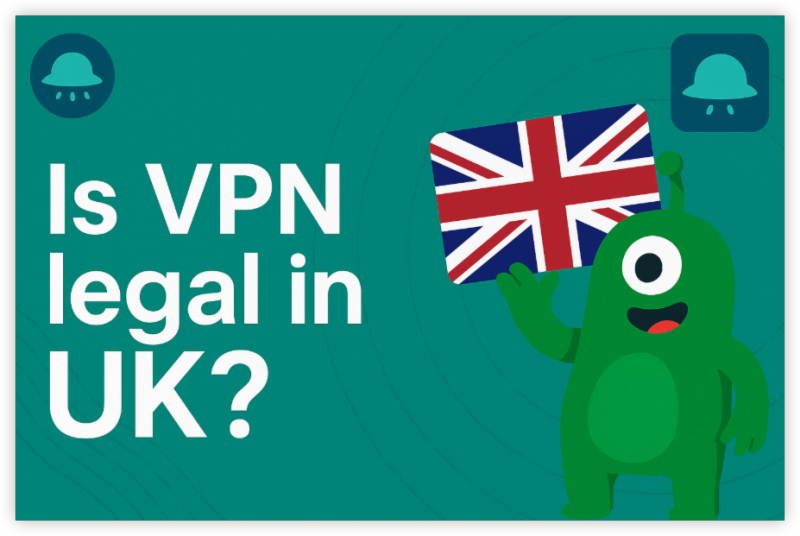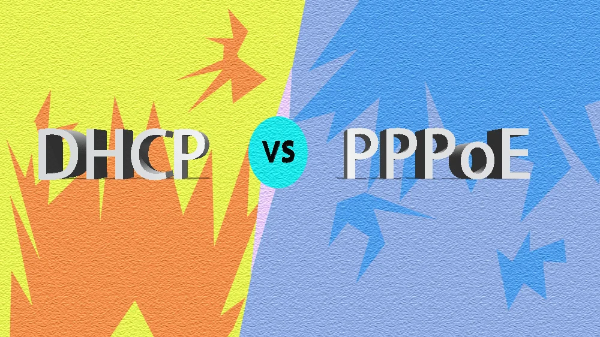What Is Port 443? The HTTPS Backbone Explained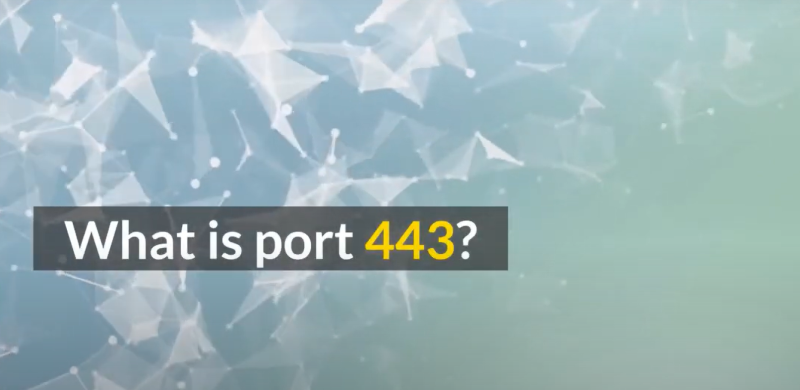
Port 443 is the default channel for HTTPS (Hypertext Transfer Protocol Secure), the encrypted version of HTTP. Unlike Port 80 (used for unsecured HTTP), Port 443 wraps data in TLS/SSL encryption, making it unreadable to eavesdroppers.
Key Facts:
- Global Adoption: 98% of websites now enforce HTTPS via Port 443 (Google Transparency Report, 2024).
- VPN Integration: Services like UFO VPN reroute traffic through Port 443 to mimic regular HTTPS activity, bypassing firewalls.
Why It Matters:
Without Port 443, sensitive actions like online banking or medical consultations would be exposed to interception.
📖Related Reading
How HTTPS Encryption Works with Port 443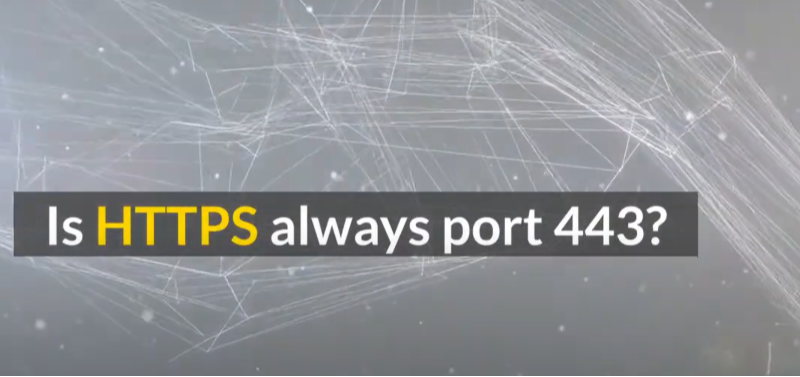
When you visit a website using HTTPS:
- Your browser connects to Port 443 on the server.
- A TLS handshake occurs, verifying the site’s SSL certificate.
- Data is encrypted with a unique session key.
Example:
- Without encryption, typing "example.com" into a browser over Port 80 would send plaintext:
"GET /login HTTP/1.1 | Username: John | Password: 12345" - With Port 443, this becomes:
"3e8dD#kLj9!aPxQmz..."
Limitations of HTTPS Alone:
- Metadata Exposure: While content is encrypted, headers (e.g., visited domains) remain visible.
- Firewall Blocking: Governments/ISPs can block Port 443 during censorship.
Solution: UFO VPN encrypts all traffic, including metadata, and disguises VPN protocols as regular HTTPS traffic on Port 443.
Port 443 and VPNs: Double-Layered Security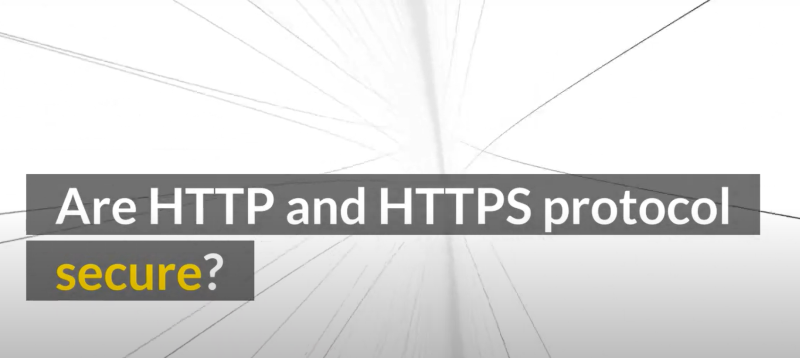
VPNs like UFO VPN enhance Port 443’s encryption by:
- Tunneling Traffic: Routing data through an encrypted VPN tunnel before it reaches Port 443.
- Obfuscation: Masking VPN protocols as standard HTTPS traffic to evade detection.
Case Study: Bypassing Censorship
In countries where VPNs are blocked, UFO VPN uses Port 443 to mimic HTTPS, allowing users to access restricted sites like Netflix or BBC iPlayer.
UFO VPN’s WireGuard protocol minimizes latency on Port 443, making it ideal for 4K streaming and gaming.
Why Choose UFO VPN for Port 443 Security?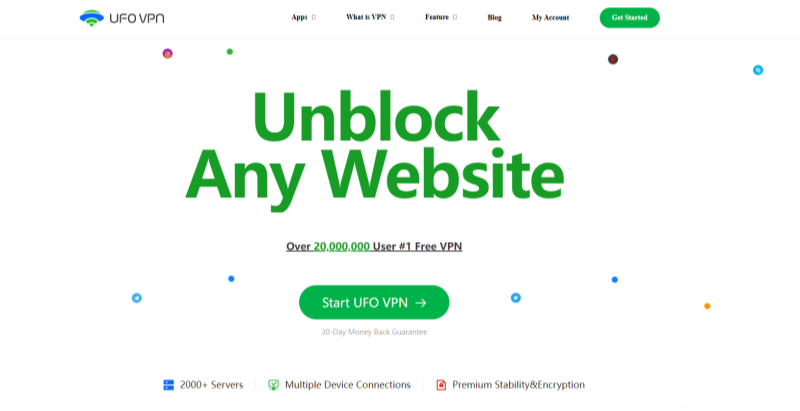
- Free Tier: Protect Port 443 traffic at no cost with 10 GB/month.
- Obfuscation Mode: Disguises VPN traffic as HTTPS on Port 443.
- No Logs Policy: Ensures even encrypted data isn’t stored.
How to get UFO VPN easily?
With 3000+ server in over 100 countries, UFO VPN is open to download as a free iPhone VPN, free Android VPN(with VPN APK), free Windows VPN and free Mac VPN. Install the app and sign up or log in.
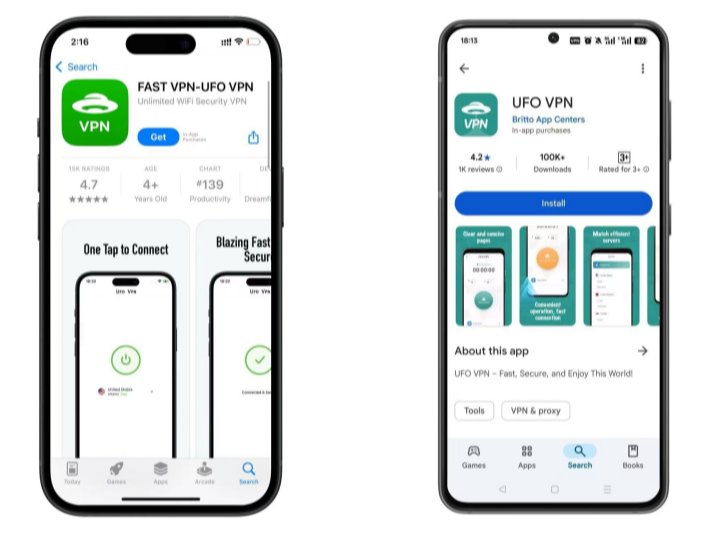
Open the app, choose a free server locationwhere your desired streaming/gaming/browsing platform is available.
We recommend free USA VPN, free UK VPN and free Australia VPN.
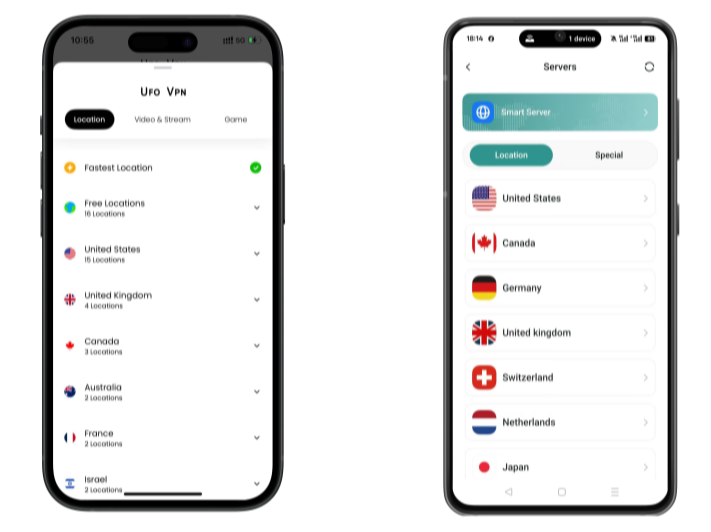
Pro Tip
UFO VPN is compatible with popular platforms in gaming and streaming as CODM VPN, PUBG VPN, Netflix VPN and more!
After connecting, visit What is My IP tool to see your current location and ensure your real IP is visible.
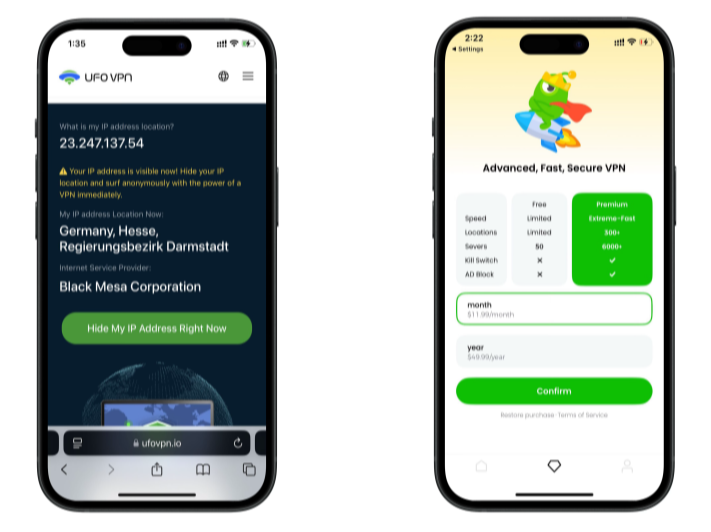
With all set, visit your favorite platform and start browsing without geo-blocks or buffering!
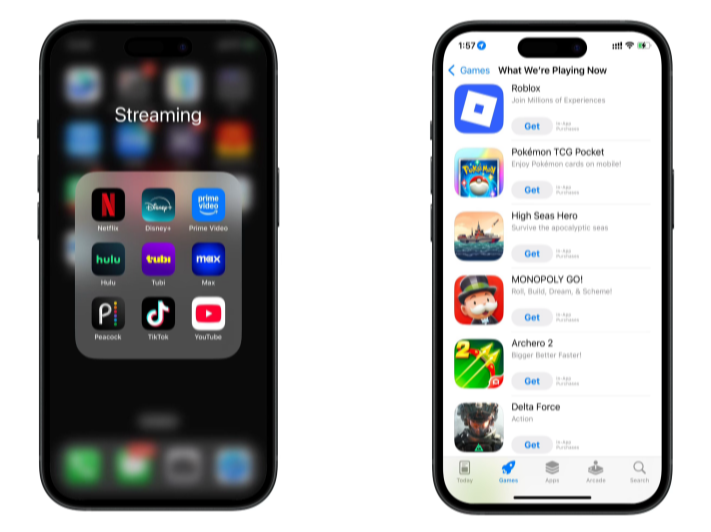
Common Port 443 Vulnerabilities
While secure, Port 443 isn’t foolproof:
| Threat | Risk | Prevention |
| SSL Stripping | Downgrades HTTPS to HTTP | Use UFO VPN’s Always-On HTTPS feature |
| Expired Certificates | Allows man-in-the-middle attacks | Enable UFO VPN’s Certificate Monitoring |
| Port Blocking | Limits access to restricted sites | UFO VPN’s obfuscated servers on Port 443 |
Pair UFO VPN with a browser extension like HTTPS Everywhere for maximum Port 443 protection.
Advanced Port 443 Configurations
For Tech-Savvy Users:
- Custom SSL Certificates: Configure UFO VPN to use your organization’s TLS certificates for private networks.
- Port Forwarding: Securely expose IoT devices via Port 443 using UFO VPN’s dedicated IP feature.
Warning:
Misconfigured Port 443 rules can expose devices. Always test settings with tools like SSL Labs.
💖Pro Tips💖
UFO VPN prioritizes your privacy by blocking ISPs, advertisers, and cybercriminals from harvesting data about your device or habits. Recognized as the best VPN for PC and best VPN for Mac, its advanced encryption anonymizes your connection, ensuring activities like visiting onion sites never reveal your hardware specs, browser fingerprints, or real IP address.
With one-click activation, UFO VPN simplifies security—no technical expertise needed. Start shielding your data by using best VPN for PC and browse with uncompromised confidence.
FAQs: Port 443, HTTPS, and VPNs
Q1: Can Port 443 be hacked?
Yes, but risks are minimized with HTTPS and a VPN. For example, UFO VPN’s AES-256 encryption adds a layer even if Port 443 is compromised.
Q2: Why do some VPNs avoid Port 443?
Older protocols like PPTP use weaker ports. Modern VPNs like UFO VPN prioritize Port 443 for stealth and speed.
Q3: Does UFO VPN slow down Port 443 traffic?
No. UFO VPN’s 10 Gbps servers optimize Port 443 for gaming and streaming with <5% speed loss.
Q4: How do I check if Port 443 is open?
Use telnet yourdomain.com 443 or UFO VPN’s Network Diagnostic Tool.
Conclusion: Master Port 443, Master Your Privacy
Port 443 is the backbone of internet security, but its true power unlocks when paired with tools like UFO VPN. By encrypting metadata, bypassing censorship, and closing HTTPS loopholes, UFO VPN transforms this port into an impenetrable shield.
Take Action Today:
Try UFO VPN Free to supercharge your Port 443 security—no credit card required.



